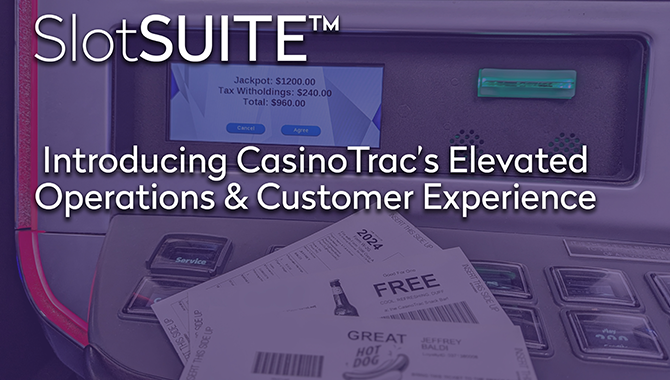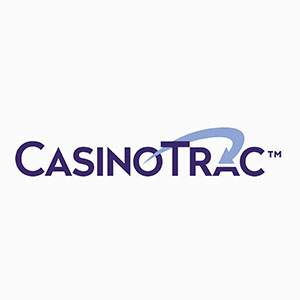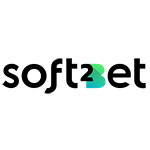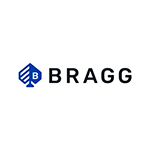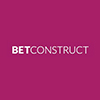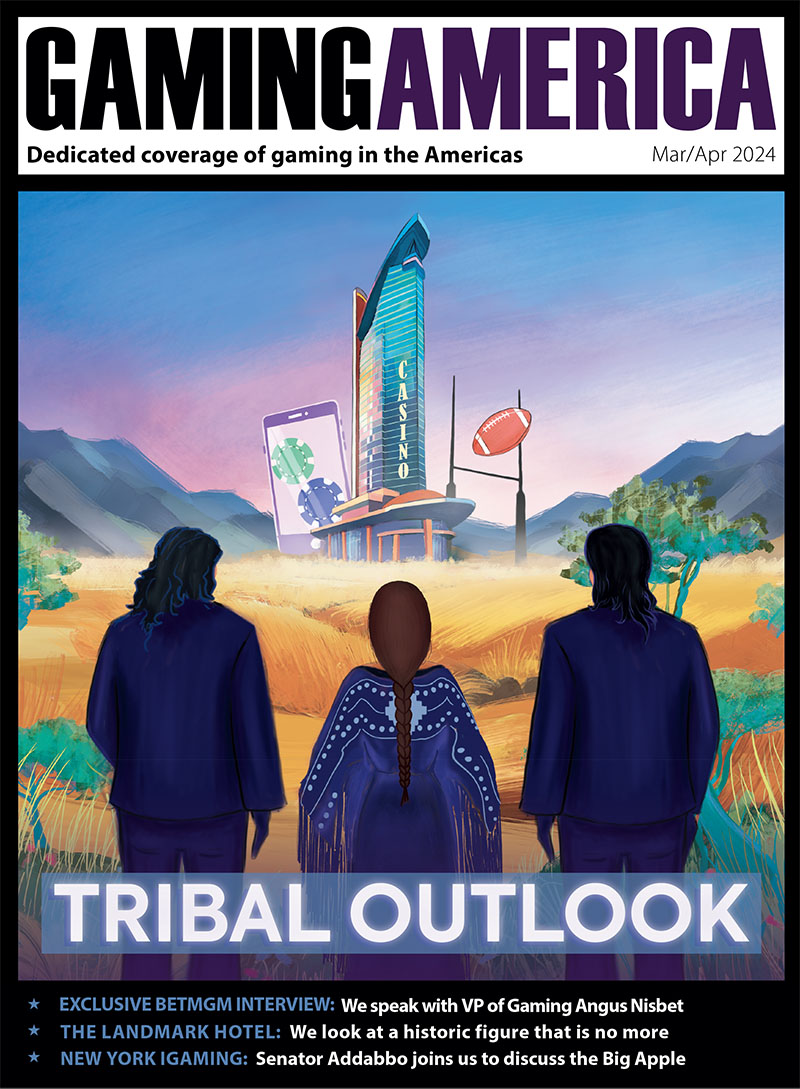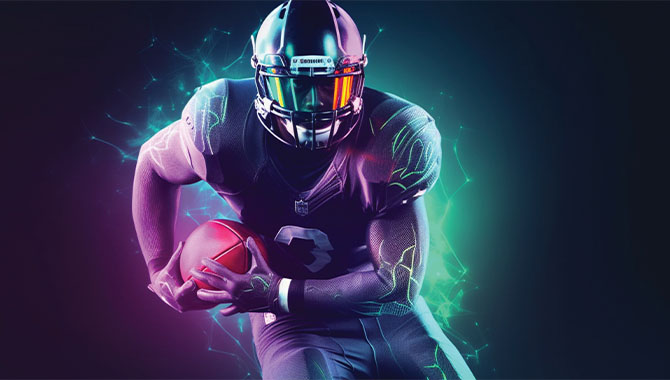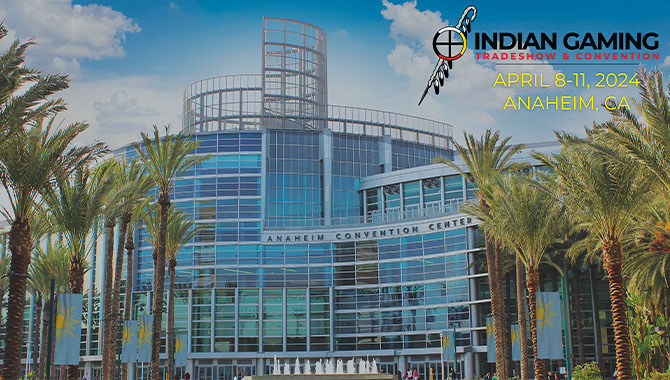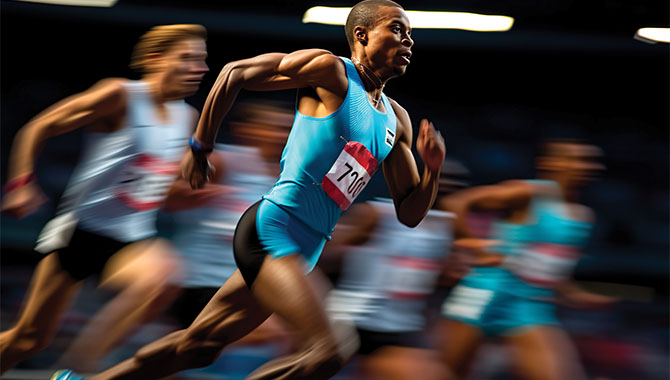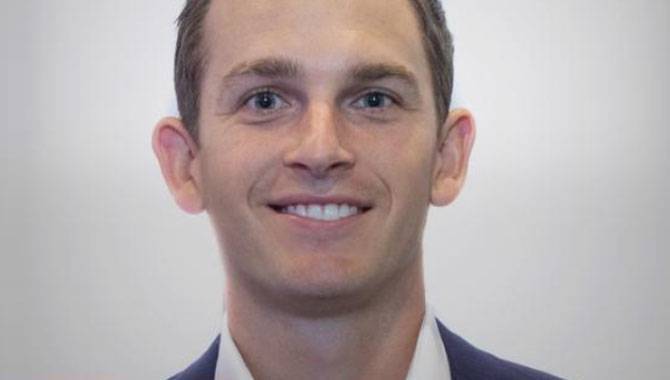
Kambi US Director Max Bichsel speaks to Tim Poole about what the supplier has learned so far from its New Jersey and Pennsylvania operations and how this is shaping plans going forward
Kambi’s NFL report recently showed a rise in half-time handle for NFL games, as opposed to the NBA and English Premier League and. What explains this?
The thing about NFL half-time is the duration is fairly longer than what you see in other US sports - 15-20 minutes. Players online have plenty of time to wager at half-time, but also at a retail sportsbook, you can grab a beer, go to a self-service betting terminal (SSBT), see how the lines fluctuate and have more time to wager. Because there’s that much more time, Kambi’s able to provide a lot more offers for our operators. It’s not only who’s going to win the game, but who’s going to cover the spread, what the total number of points is going to be, etc. The more offers we have, the more handle there is and it’s about having more accessible offers.
It’s effectively a brand new game if you wager on the line at half-time. For instance, if you have the Eagles +7 and they’ve done well in the first half, they can bet the other side and hope to catch a middle to make it more exciting. Football is not typically about the money line. For the most part, there is a lot of handle on the spread. It gives people a lot of options and, as a result, half-time does significantly raise handle, for sure.
Is a lack of bettor education or knowledge still a prevalent problem within the US, or are most bettors simply transferring from the unlicensed market to wagering through legal means?
I think that answer’s two-fold. A tremendous amount is wagered in unregulated markets throughout the US. I would say most people have had an affinity with sports betting and there will definitely be seasoned bettors who understand the nuts and bolts of everything. That being said, there is certainly a need for education in retail sportsbooks. Traditionally, players are in casinos and not necessarily there to wager on sports, so they may walk into a sportsbook and not really know what they want.
It’s our responsibility to work with operators to produce literature on how to place a bet, whether it’s through a teller’s window or an SSBT. There will also be user interface type questions for operators and we work with them hand-in-hand to ensure any educational information is presented properly and is understandable for everyone.
What is Kambi planning on doing differently for next season’s NFL campaign?
We are constantly hoping to increase not only the volume of our product offering but finding offers wanted by the players. We’re doing plenty of research on what players want to wager on that they currently can’t. We’re getting a lot of information through our operators, so we’re hoping to work even more closely with our clients, ensuring we are putting the best products out.
People want to wager on the game, the team and the player. That’s where I see the changes going.
How will Kambi, and the industry in general, approach the summer in the absence of NFL, NBA & NHL?
That’s a great point. It’s not only just offering the big sports in the US, but offering less-publicised sports, too. The summer is definitely a slower time in the US. That being said, the NBA and NHL go into June, so that does cover a significant chunk of those months. In the summer, MLB is king, because it has the affinity of the players and it is basically built for sports betting, given the duration, how it’s played and the gaps in between play.
I think the operators in Pennsylvania are so competitive with each other. Pennsylvania is the fifth-largest state; it’s a big battleground. So those operators don’t sit back – they take this very seriouslyThere’s the frequency of the games, too - 162 for each team in the regular season. Players have a lot of options to wager on. They’re able to wager in different parts of the day. Throughout the day, there are games on at different times, so it’s much more interesting for players, where traditionally you’d expect the summer to be slower. There are sports like golf, as well. The summer is fairly short. It’s only a matter of days where there’s not too much to wager on, during which we focus on sports like baseball and golf.
Have you learned anything new or unexpected in the states Kambi has already entered?
We took the first online wager in New Jersey post-PASPA repeal (Professional and Amateur Sports Protection Act) so there is definitely a learning curve. Beyond that, we’ve been in a position to predict what will happen in some states since about late 2017, trying to mitigate the unknowns. We are happy with our performance, particularly with our retail solution. We’ve launched five casinos in late December, early January and these are not just small betting shops, they are full-scale operations across Pennsylvania and New Jersey. We’ve worked with regulators to make sure we have a product that’s safe for customers and drives revenue.
We’ve learned minor lessons in retail about how to manage risk and how to work with our operators, but we expected that. Once the operators wanted to move quickly, it was up to us not to slow them down. What we’ve learned most is how to become a US-specific sports betting company and we have accomplished a lot of goals. That being said, regulation changes state to state, so New York and Michigan, for example, could be a large departure from somewhere like New Jersey.
On the subject of regulation, does Pennsylvania’s higher tax rate mean its market might be less competitive?
I think with the operators you see in Pennsylvania, they’re all very established and run very strong operations. They have the teams necessary to run a sportsbook, so even if there are only a handful of licenses and it won’t be as competitive as New Jersey, that’s the nature of a single-skin state.
You have the local and regional sportsbooks; on the surface, it may seem much less competitive, but I think the operators in Pennsylvania are so competitive with each other. Pennsylvania is the fifth-largest state; it’s a big battleground. So those operators don’t sit back – they take this very seriously. I think more operators will enter and go live in Pennsylvania very soon.
Does retail have a bright future in the US or do you expect digital offerings to slowly cannibalise the market?
There definitely could be some cannibalisation there. Ultimately, we want every state to be online as quickly as possible. We think it promotes revenue not only for the operators, but for the state. Online is definitely the number one priority. That being said, there is value for retail in casinos. It has a halo effect on other parts of the business, whether it’s table games, food and beverage or hospitality. It’s another attraction and it’s able to drive traffic.
There may be some cannibalisation but, ultimately, retail drives revenue and has a significant impact on the bottom line, as well as other parts of the business. These land-based casinos are not going anywhere. All over the world, there are mobile solutions existing alongside retail. So, until that revenue goes to zero, I don’t expect retail sports betting to go anywhere in the US; I think it will continue to be a pillar as states get comfortable with sports betting in general. There’s a crawl-walk-run approach that will be applicable and it’s also about what’s best for the player.


